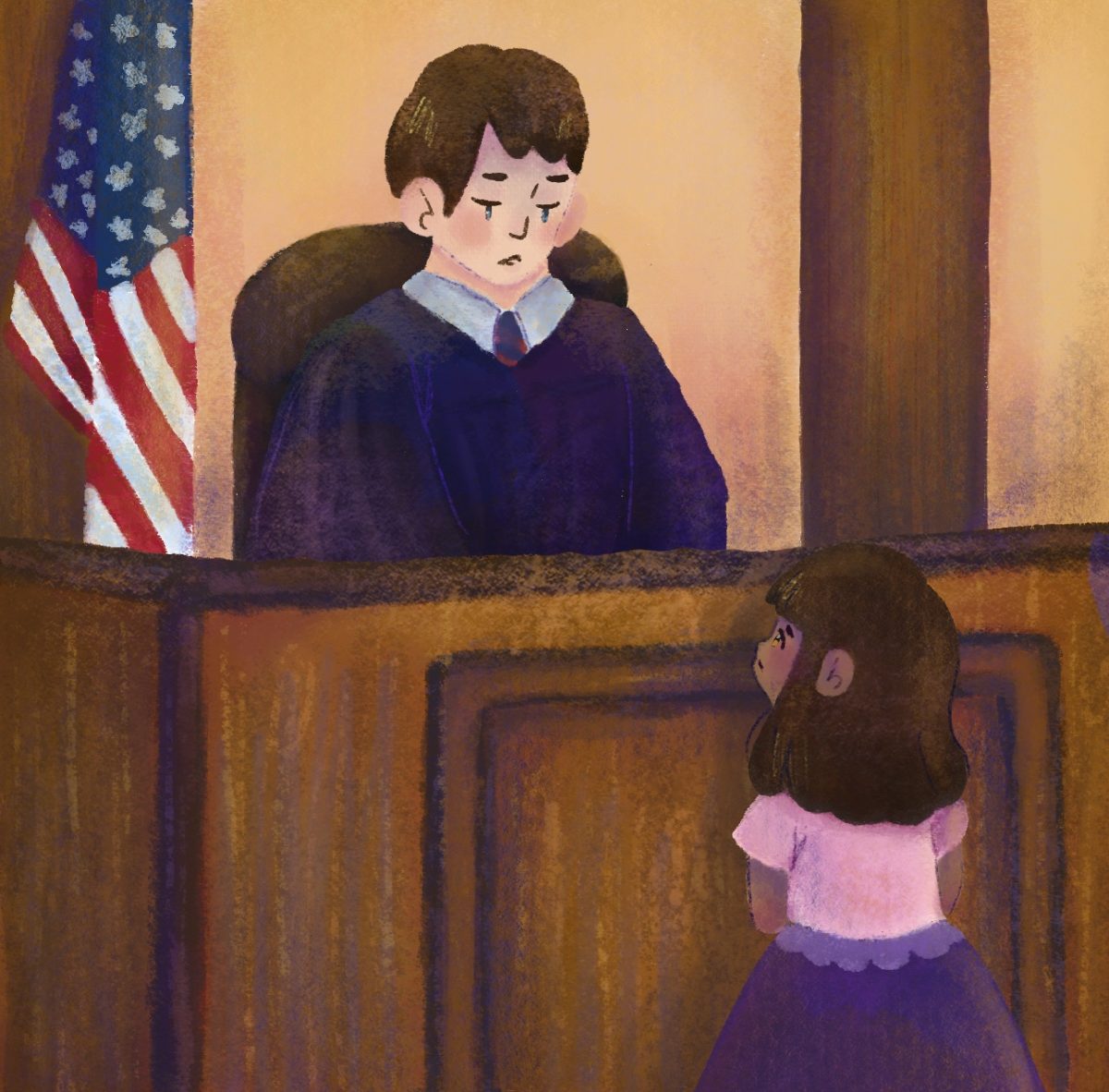A long overdue law making is illegal in California to impersonate someone online took effect at the beginning of this year.
State Senator Joe Simitian (D-Palo Alto) introduced Senate Bill 1414 making “e-personation” a misdemeanor punishable by a fine of $1,000 and a year in jail, but prosecutors will have to prove the impersonator had intention to harm, intimidate, threaten or defraud the victim, who can also sue for damages.
While there are e-personation crimes that are justifiably labeled misdemeanors, there are other forms of the crime that do not fit that bill.
When a person falsely represents themselves online and leads someone to harm is being charged with a misdemeanor, essentially just a slap on the wrist, enough?
In some cases, a felony charge is more appropriate and the tragic case of 13-year-old Megan Meier.
Meier hung herself on Oct. 16, 2006 after a 16-year-old boy named Josh ended their online relationship. But she didn’t know “Josh” was a fictitious person created on MySpace by Lori Drew, the mother of Meier’s former friend.
Drew had two 18-year-old employees create the bogus profile so she could see what Meier was writing about her daughter.
To make matters worse, after Meier’s death, Drew created a blog, titled “Megan had it Coming,” the whole sickening story of how she duped an impressionable teen.
A grown woman and mother of a teenage daughter herself stooped to the level of cattiness that makes “Mean Girl” Regina George look like a saint.
This woman pretended to be a teenage boy online, carried on a relationship with Meier then coldly severed the relationship which lead to her suicide. Her mother found her hanging in her bedroom closet and all Drew can be charged with under the new e-personation law is a misdemeanor.
The Meier family lost their daughter and had no means for justice because no appropriate law existed at the time.
Some may argue Drew did not put the belt around Meier’s neck, but she might as well have handed it to her.
Qualifying e-personation as a misdemeanor does not go far enough to cover the spectrum of criminal possibilities. Not everyone who fakes their identity on line will have such tragic influence.
In some cases a misdemeanor is the right call, but in others a felony charge is the only appropriate punishment for such heinous disregard for others.





